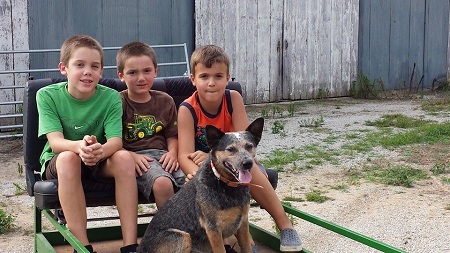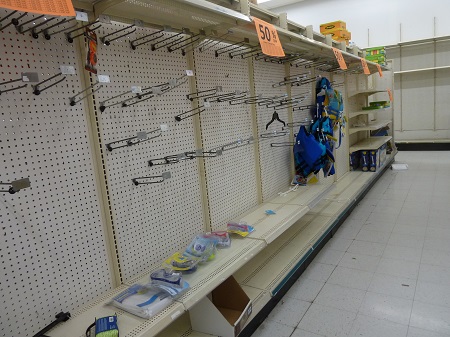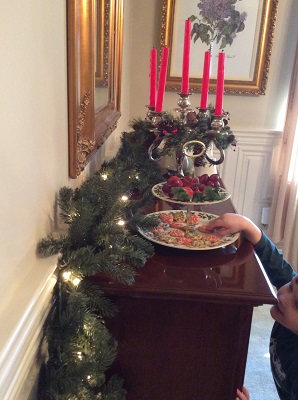Loose Lips Sink Ships
 We do well if we think before we speak.
We do well if we think before we speak.
Loose lips sink ships. If we talk too much, we:
- Give information we should not give
- To people who should not know
According to The Phrase Finder, this expression began during World War II.
The United States Office of War Information tried to keep information from enemy spies.
In times of war or peace, we want to watch our words.
Busybodies, as well as spies, cause much damage.
The children’s song “O Be Careful Little Eyes,” reminds us to be careful what we:
- See
- Hear
- Say
- Do
- Think
- Who we trust
- And where we go
That sounds like good advice for any age.
Rather than put our foot in our mouth or hurt someone, let’s be careful what we say.
“In the multitude of words sin is not lacking, but he who restrains his lips is wise” (Proverbs 10:19 MEV).
Thanks to Kristy Robinson Horine for the suggestion. Photo courtesy of Pixabay.
Do you have an expression you want explained or a thought about this one? If so, please comment below.
Subscribe to receive my weekly posts by email and receive a free copy of “Words of Hope for Days that Hurt.”
If you enjoyed this post, please share it with your friends.
 A whippersnapper usually means a young or small person.
A whippersnapper usually means a young or small person.  At the end of the day means our final conclusion.
At the end of the day means our final conclusion. Many stores open early and close late on sale days. Early shoppers find several choices. Those who shop later in the day find slim pickings.
Many stores open early and close late on sale days. Early shoppers find several choices. Those who shop later in the day find slim pickings.
 Many children love to play in mud. Some animals roll in mud. However, no one wants to hear his name is mud.
Many children love to play in mud. Some animals roll in mud. However, no one wants to hear his name is mud. I always thought up a stump meant the same as stumped. My friend Patty Cooper Emerson explained a difference in the two.
I always thought up a stump meant the same as stumped. My friend Patty Cooper Emerson explained a difference in the two.
 You can’t squeeze blood from a turnip means something is extremely hard to do.
You can’t squeeze blood from a turnip means something is extremely hard to do.  If you have seen elk or other animals lock horns, you know exactly what this expression means. Two animals fight one another. The fight often results in locked horns (or antlers).
If you have seen elk or other animals lock horns, you know exactly what this expression means. Two animals fight one another. The fight often results in locked horns (or antlers). If the shoe fits, wear it sounds like a shoe ad. However, we usually mean something much different:
If the shoe fits, wear it sounds like a shoe ad. However, we usually mean something much different: